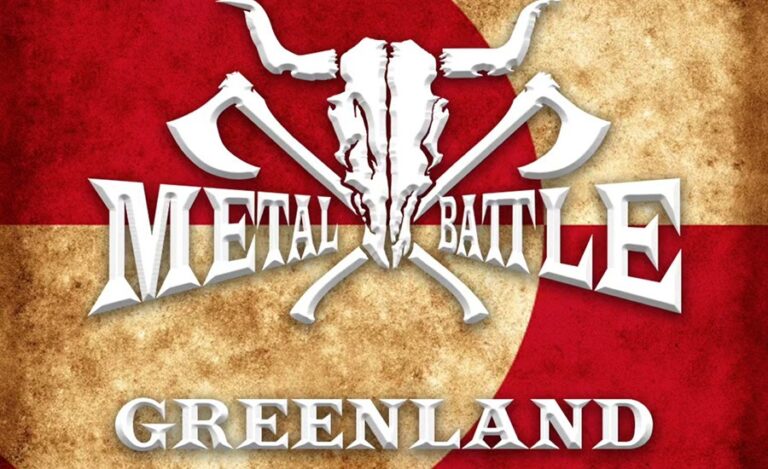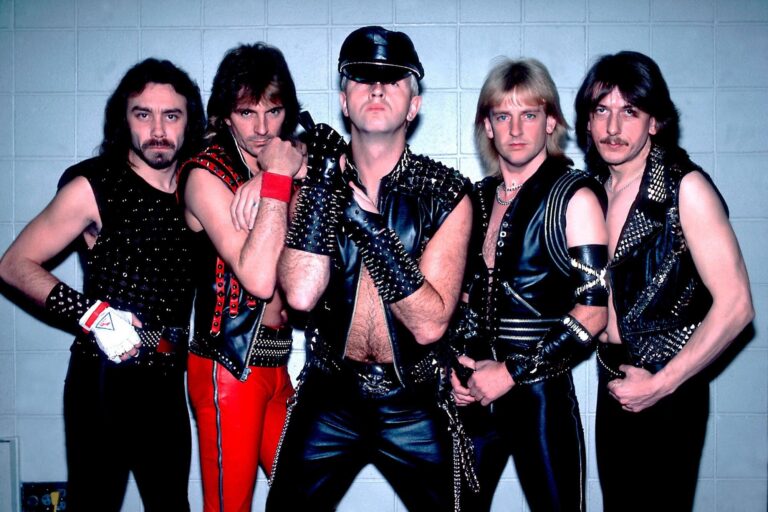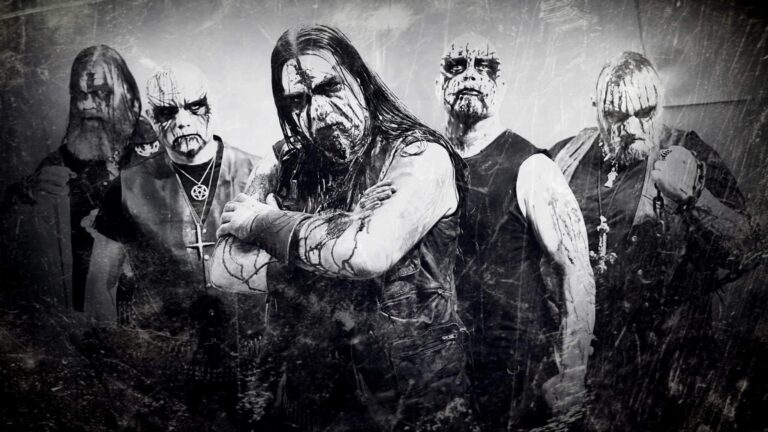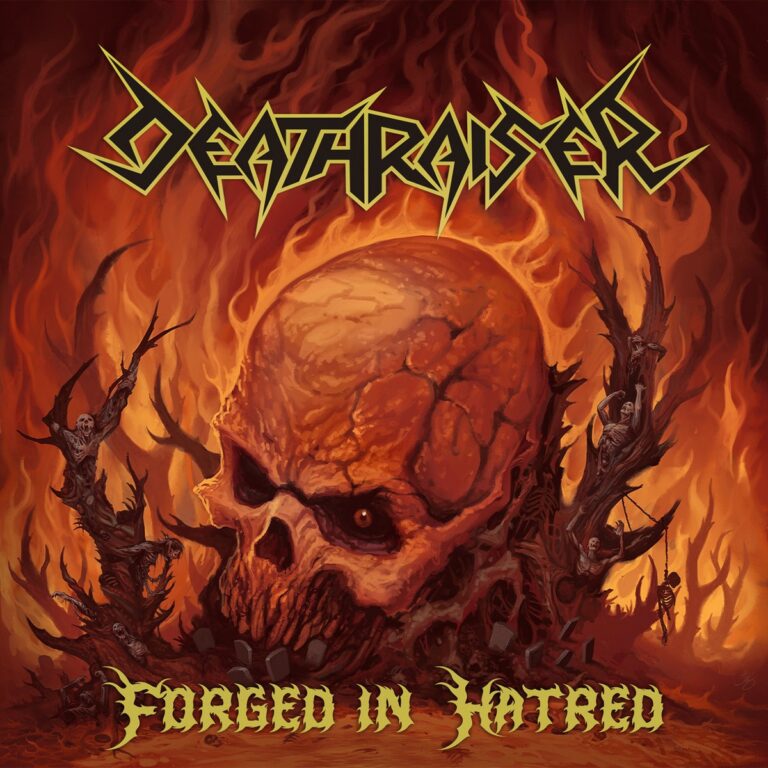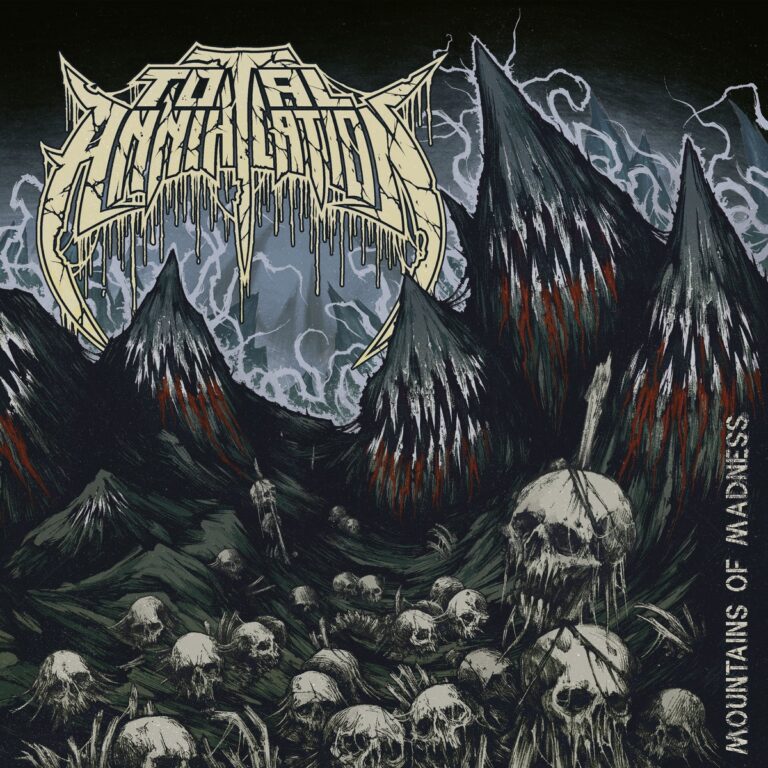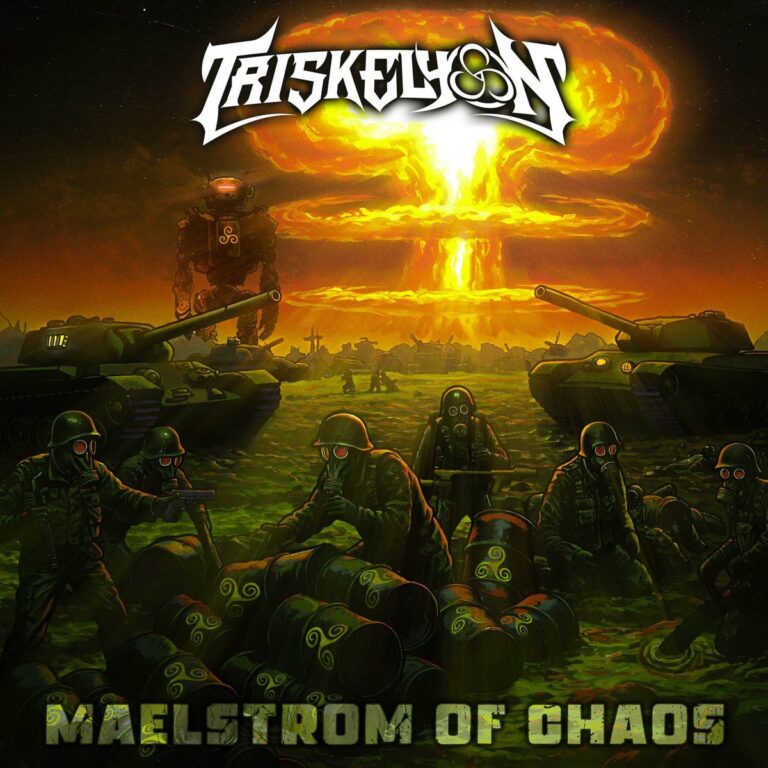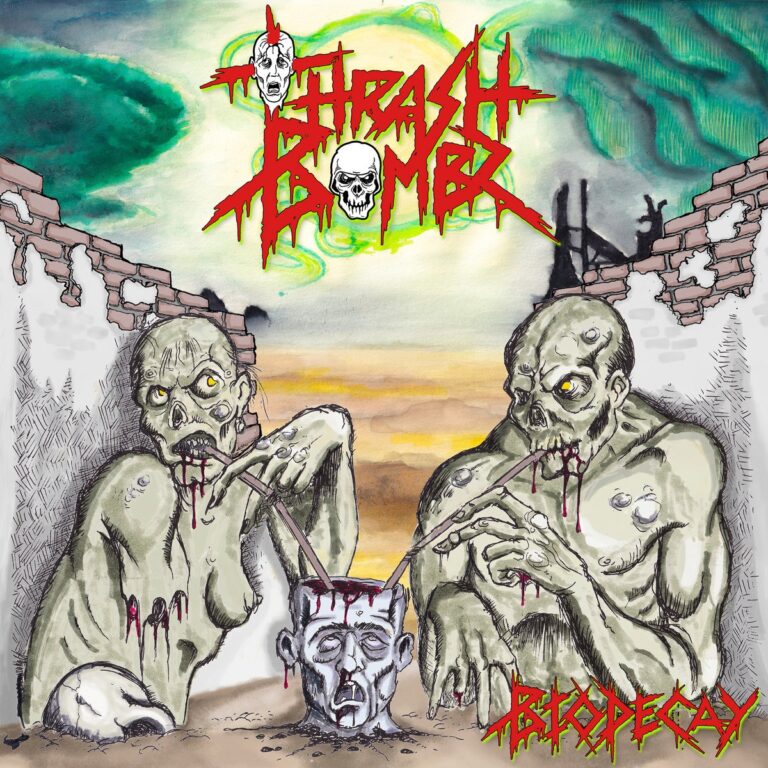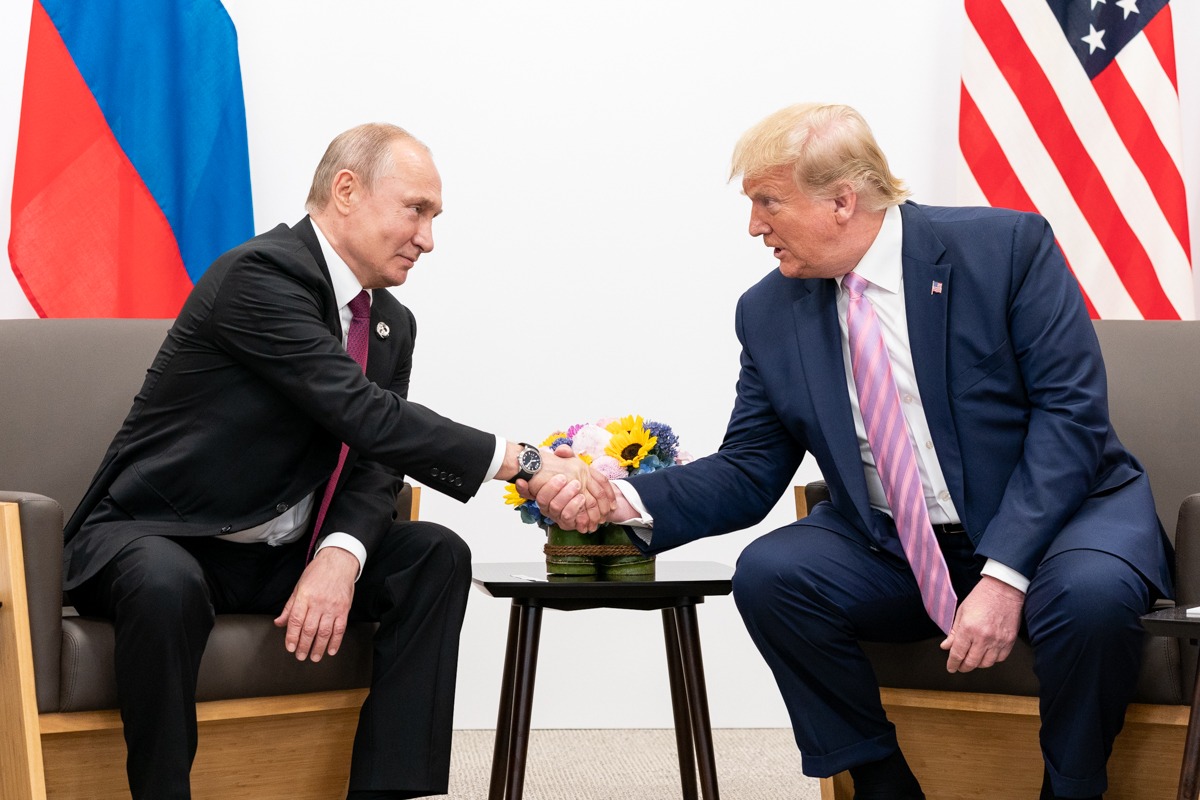
President Donald J. Trump participates in a bilateral meeting with the President of the Russian Federation Vladimir Putin during the G20 Japan Summit Friday, June 28, 2019, in Osaka, Japan. (Official White House Photo by Shealah Craighead)
An old conspiracy theory suggesting that Donald Trump is in the pocket of the KGB has resurfaced as a hot topic. Most conspiracy theories can be easily dismissed with facts. However, this one is harder to disprove, and while it may seem far-fetched, it also explains quite a lot.
The reason the KGB theory is back in discussion is that people are trying to understand why the United States has turned its back on its closest allies, such as Canada and Europe, in favor of Russia. This has been especially relevant after the disgraceful display we witnessed when Ukrainian President Volodymyr Zelenskyy visited the White House on Friday, February 28.
During the visit, Trump and Vice President Vance launched a full-scale attack on President Zelenskyy. Trump himself compared the war between Russia and Ukraine to a game where Zelenskyy “doesn’t hold the cards”—while at the same time handing all the cards to Putin.
So why is the U.S., under Trump, turning its back on its allies while siding with Russia and Putin? This is particularly strange given Trump’s strong stance as an American patriot. Why, then, does he bow to the nation that has historically been America’s greatest adversary? Could it really be true that Putin has him under his control due to something from his past?
Let’s take a closer look at the conspiracy theory now spreading worldwide.
A decades-old conspiracy theory suggesting that Donald Trump was recruited by the KGB in the 1980s has resurfaced, gaining renewed attention as the United States appears to pivot toward a more pro-Russian stance under his leadership. While some dismiss the claim as political paranoia, the theory has been fueled by new allegations from former Soviet intelligence officials, suggesting that Trump may have been cultivated as an asset decades ago and remains under Russian influence today.
The Origins of the KGB Theory
Speculation about Trump’s ties to Russia is not new. Since his first term in office, concerns have persisted about his relationship with Vladimir Putin and his consistently favorable policies toward Moscow. But now, two former Soviet intelligence officers—Alnur Mussayev and Yuri Shvets—are publicly asserting that Trump was recruited by the KGB in 1987, during his first visit to Moscow.
Mussayev, the former head of Kazakhstan’s National Security Committee, recently posted on Facebook that Trump was identified as a potential recruit due to his vanity, greed, and susceptibility to flattery.
Mussayev, the former head of Kazakhstan’s National Security Committee, recently posted on Facebook that Trump was identified as a potential recruit due to his vanity, greed, and susceptibility to flattery. Shvets, a former KGB major, made similar claims in 2021, stating that Trump was viewed as an “easy mark” and a “useful idiot” for Russian intelligence.
According to these allegations, Trump was cultivated for decades, groomed to ascend to political power in the U.S., and has remained under Russian influence since. These claims have ignited a firestorm of debate, especially in light of Trump’s recent foreign policy shifts that appear to align closely with Russian interests.
A Theory Decades in the Making
While the KGB recruitment claim has only recently re-emerged, similar allegations date back to at least 2017, when investigative journalist Luke Harding, in his book Collusion: Secret Meetings, Dirty Money, and How Russia Helped Donald Trump Win, claimed that Soviet intelligence began tracking Trump as early as 1977. According to Harding, KGB files on Trump were created the same year he married Ivana Zelníčková, a Czechoslovakian model. Czech intelligence, which worked closely with the KGB, reportedly monitored Trump and noted his growing interest in politics.
Harding’s book, which relied heavily on sources like former MI6 officer Christopher Steele, suggested that Russian intelligence cultivated Trump for decades, using financial incentives and potential kompromat to ensure his compliance. While some of these claims remain unverified, they align with the assertions made by Mussayev and Shvets today.
Additionally, Sergei Zhyrnov, another former KGB officer, recently corroborated these claims, stating in an interview that Trump’s 1987 trip to Moscow was almost certainly orchestrated by the KGB. Zhyrnov emphasized that during this visit, Trump would have been under constant surveillance, and may have been compromised via a honey trap or financial inducements.
The Evidence and the Doubters
The allegations that Trump has been an asset of Russian intelligence for nearly 40 years remain highly controversial, largely because direct proof is elusive. Mussayev himself admitted that if any compromising files exist, they are now in Putin’s hands, making it nearly impossible for outsiders to access them.
Critics argue that while Trump’s policies have often favored Russia, this does not definitively prove he is a foreign asset. The Mueller Report, which investigated Russian interference in the 2016 U.S. election, found “links” between Trump’s campaign and Russian operatives, but did not establish a criminal conspiracy. However, the report did confirm that Russia actively worked to influence the election in Trump’s favor.
At the same time, Trump’s track record aligns closely with Russian strategic interests:
- Weakened NATO, calling it “obsolete” and refusing to commit to defending allies from Russian aggression.
- Blackmailed Ukraine, withholding military aid in an attempt to pressure Zelenskyy into investigating Joe Biden.
- Withdrew U.S. troops from Syria, creating a power vacuum that Russia quickly filled.
- Cozy relationships with authoritarian leaders, while attacking traditional allies in Canada and Europe.
Why This Matters Now
The recent meeting between Trump, Vice President JD Vance, and Ukrainian President Volodymyr Zelenskyy—where Trump openly mocked Zelenskyy and downplayed Russian aggression—has only intensified the speculation. Many are questioning whether Trump is merely sympathetic to Putin’s worldview or whether something more sinister is at play.
Adding to the controversy, an unverified claim circulating on social media suggests that the KGB assigned Trump the codename “Krasnov”—though no official evidence has been presented to confirm this.
A National Security Crisis or Just Another Conspiracy?
The resurfacing of these allegations, combined with Trump’s foreign policy choices, has led to renewed calls for an investigation. Some political analysts argue that even if Trump was not actively recruited, he could still be compromised through financial leverage or personal indiscretions.
The U.S. intelligence community, Congress, and the media now face mounting pressure to investigate Mussayev’s claims further. If there is any truth to them, this could represent the most significant national security scandal in American history. If the claims are false, then their persistence reflects the deep-seated distrust that Trump has sown throughout the political landscape.
As the theory spreads, the fundamental question remains: Is Trump simply a politician with authoritarian sympathies, or has the U.S. presidency been compromised for nearly 40 years?
Sources:
- The Hill: Was 40-Year-Old Trump Recruited by the KGB? (February 26, 2025)
- Yahoo News: Rumors of Trump’s Alleged Russian Codename “Krasnov” Go Viral (February 2025)
- The Guardian: Collusion: Secret Meetings, Dirty Money, and How Russia Helped Donald Trump Win by Luke Harding (2017)
- NRK: Hevder KGB hadde mappe på Trump i 1977 (November 16, 2017)
- The Mueller Report (2019)

